Foods With Vitamin C Besides Oranges

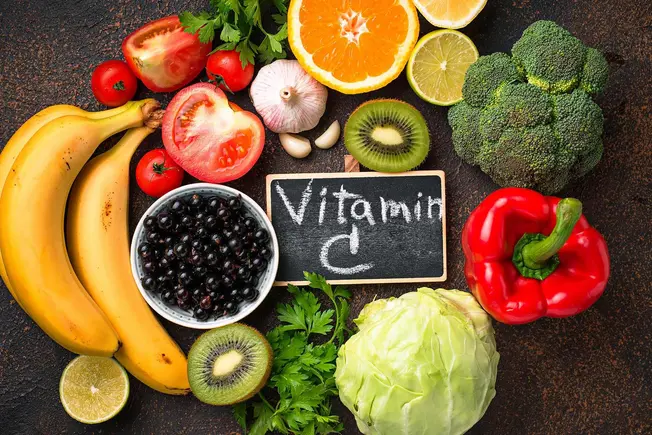
Vitamin C
Sometimes called ascorbic acid, it supports your immune system and helps your body use the iron you get from food. Your body also uses it to make collagen, a springy type of connective tissue that makes up parts of your body and helps heal wounds. And it’s an antioxidant that helps protect your cells from damage. Men need 90 milligrams per day, and women need 75 milligrams. A medium orange has about 70 milligrams, but many other foods are good sources, too.
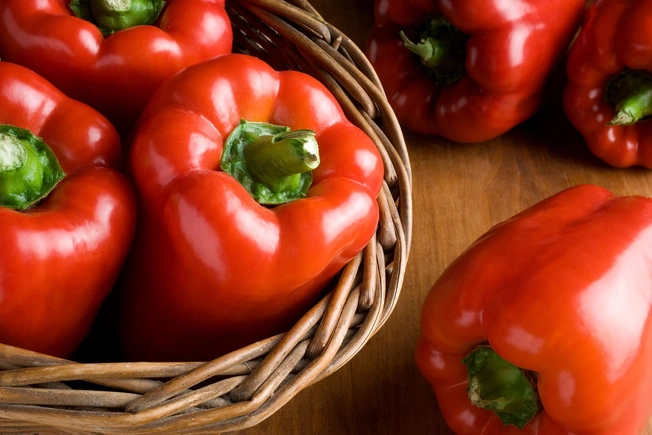
Red Pepper
They have loads of vitamin C, up to 95 milligrams per 1/2 cup. They’re also a good source of vitamins A, B, E, and K, as well as potassium, folate, manganese, phosphorus, and magnesium. Slice one into strips to scoop up a dip, or dice it into a salad or an omelet.
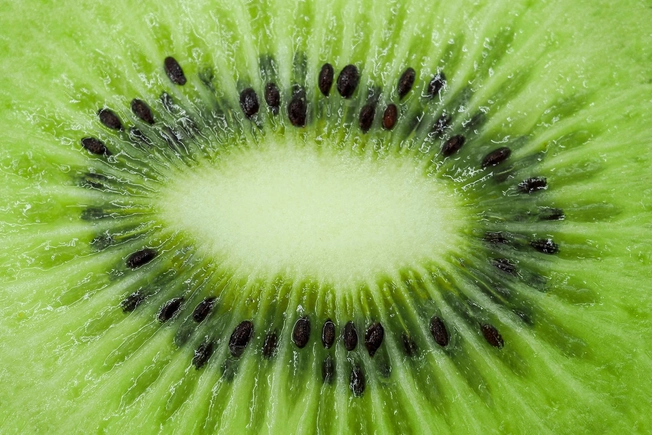
Kiwifruit
These fuzzy fruits pack a punch, with around 70 milligrams of vitamin C per medium kiwi -- ounce for ounce, more than oranges. They have fiber as well as flavonoids and carotenoids, which are antioxidants that help protect your cells. Most people peel them first, but the skin has good nutrients and fiber. You can try rubbing off the fuzz and eating them with the skin on. Just be sure to wash them first.
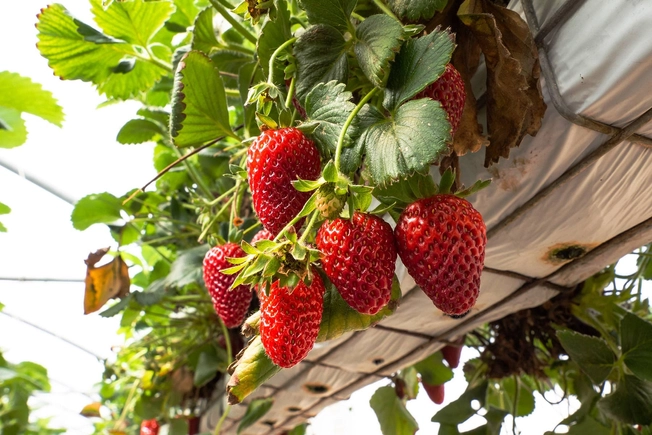
Strawberries
A cup of these bite-sized treats has about 85 milligrams of vitamin C. They’re also low in calories and high in fiber and a variety of antioxidants. Look for plump berries with bright red color, fresh green caps, and no sign of mold. Wash them in cold water and keep the cap on so the juice stays inside.
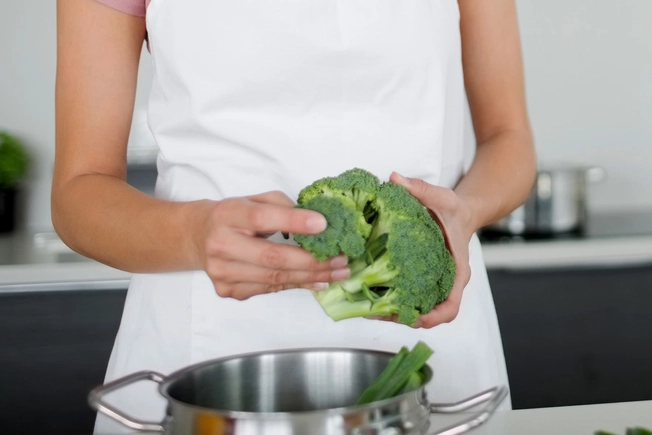
Broccoli
A 1/2 cup of cooked broccoli has about 50 milligrams of vitamin C. It also has loads of fiber and plenty of other antioxidants that, among other things, seem to keep inflammation down. The best way to cook it? Steam broccoli for 5 minutes or less. It may help the veggie keep more of the vitamin C inside compared to other methods like boiling. Look for brightly colored stalks and a dark greenish head that feels firm to a light squeeze.
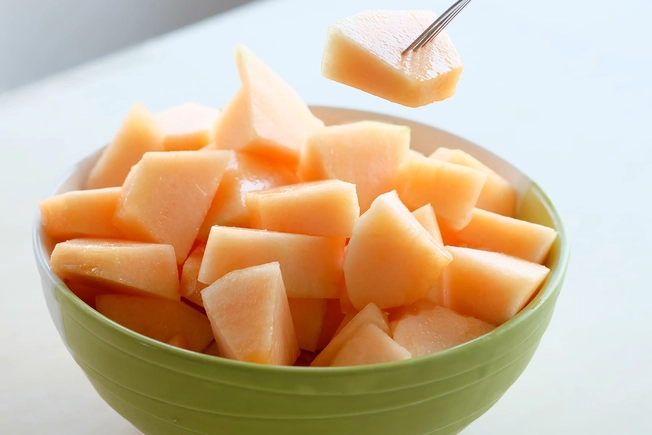
Cantaloupe
This melon has a big variety of nutrients -- carotenoids, B vitamins, potassium, magnesium, copper, flavonoids -- in addition to its 30 milligrams of vitamin C per 1/2 cup. Double that to a cup and you’ll get twice the vitamin C in about 50 calories.
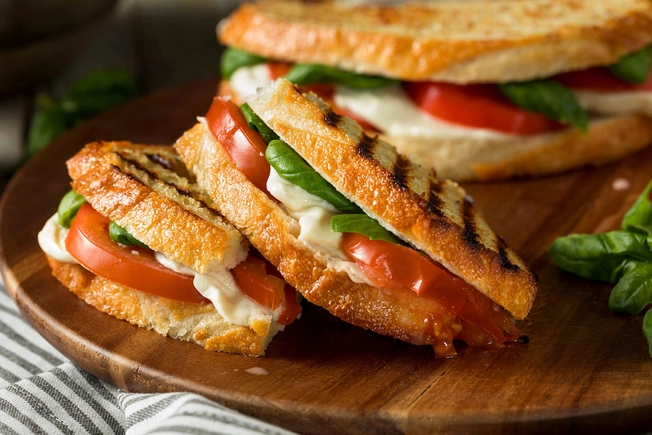
Tomatoes
You’ll get around 20 milligrams of vitamin C out of a medium tomato -- if you eat it raw. Vitamin C levels go down when you cook tomatoes. But an antioxidant called lycopene goes up. So to get all the benefits, you might try fresh tomatoes on your sandwich at lunch and cooked tomato sauce on your pasta for dinner.
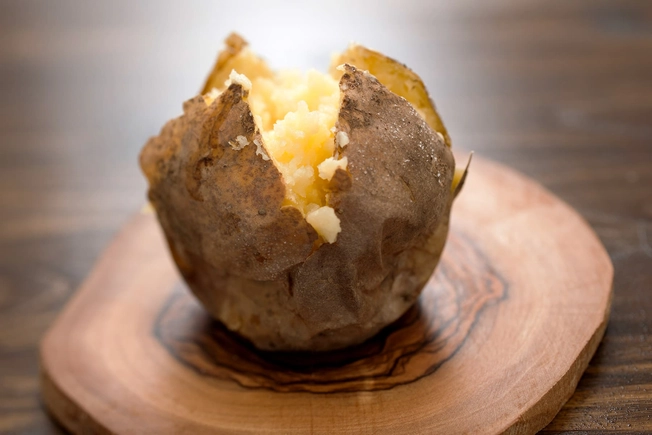
Potato
A medium baked potato has about 20 milligrams of vitamin C. And they’re good for you in other ways. They’re an excellent source of potassium and fiber. Instead of frying them in oil, try them oven-roasted in olive oil. On a baked potato, swap the butter for healthier toppings, like fresh salsa and low-fat cheese.
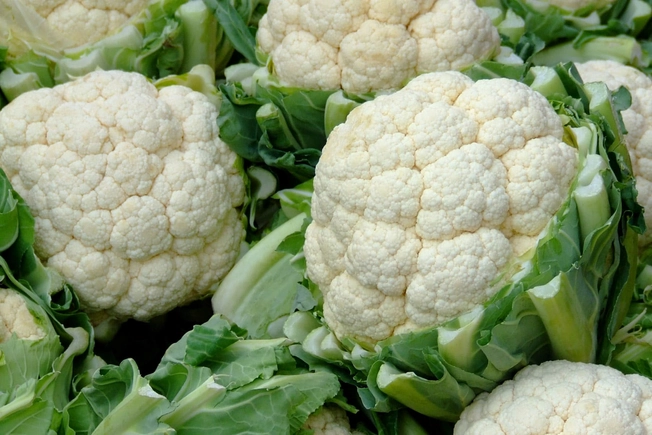
Cauliflower
A cup of florets has about 40 milligrams of vitamin C. It’s also a decent source of vitamin K, folate, and fiber. You can eat it raw, steam it, or roast it with a bit of olive oil. Dress up the flavor with fresh herbs, like thyme, which has about 4 milligrams of vitamin C in a tablespoon.
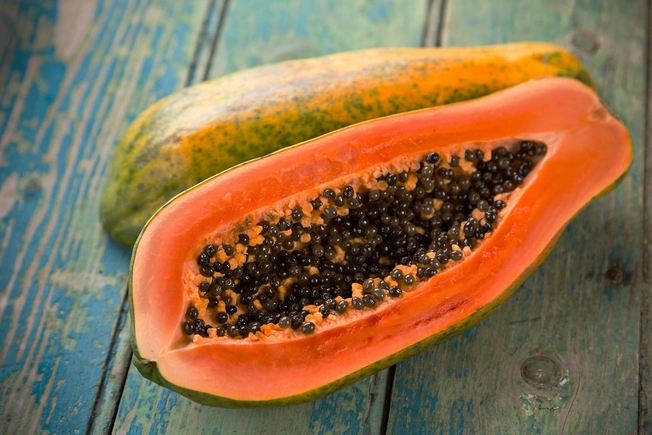
Papaya
A cup has all the vitamin C you need for the day, around 90 milligrams. It’s also rich in carotenes, flavonoids, B vitamins, folate, potassium, magnesium, and fiber. This combination of nutrients is good for your heart and might even help protect against colon cancer. Scoop out the seeds, sprinkle a bit of kosher salt, and squeeze some fresh lime on top.
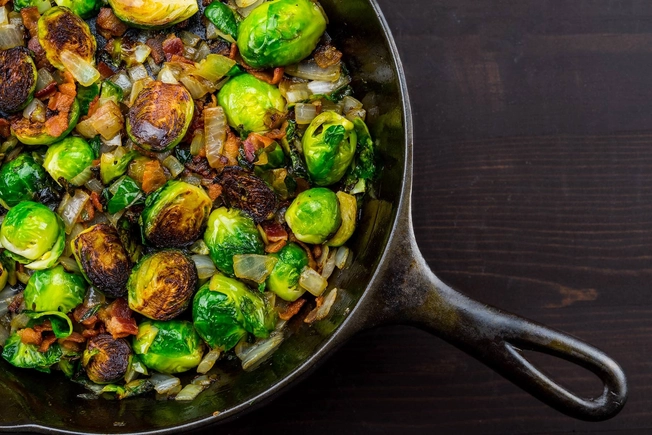
Brussels Sprouts
They’ve got 50 milligrams of vitamin C per 1/2 cup cooked, along with plenty of vitamin K, fiber, and other nutrients. Roast them with bacon and onions or just a bit of olive oil for a tasty, satisfying side dish.
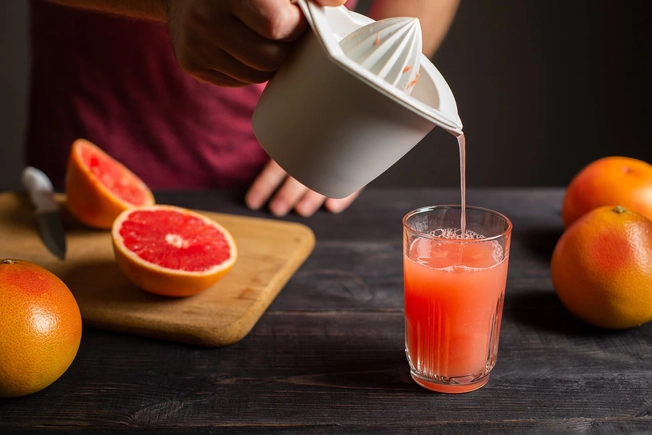
Grapefruit Juice
A 6-ounce glass should give you 70 to 95 milligrams of vitamin C, about what you need for the day. If you can’t stand the sour taste, the same amount of orange juice should do just as well.